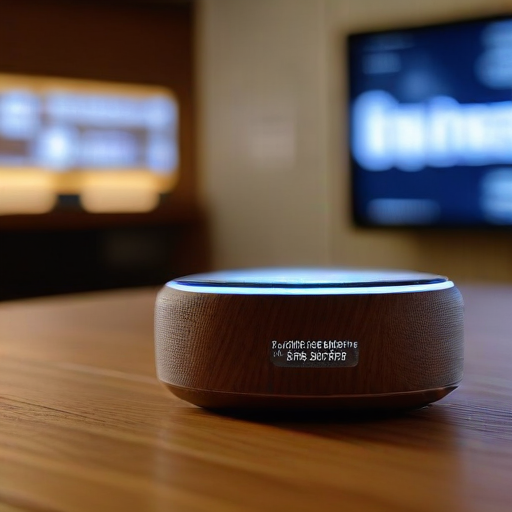Amazon’s efforts to profit from its Alexa-enabled devices have reportedly not met expectations, leading to significant financial losses for the company. Internal documents indicate that Amazon lost more than $25 billion on products such as Echo and Kindle from 2017 to 2021, as reported by the Wall Street Journal. Although the company has attracted hundreds of millions of customers to these devices, it appears that many users primarily utilize the Alexa-enabled Echo speakers for basic functions like setting alarms, rather than for shopping on Amazon.
Concerns within the company have arisen, particularly among former employees, about the performance of the voice assistant. A previous senior Amazon employee expressed doubts, stating, “We worried we’ve hired 10,000 people and we’ve built a smart timer.” In response to the challenges, Amazon’s CEO Andy Jassy is exploring solutions, including a paid tier for the Alexa service. However, some of the engineers tasked with this new version have expressed skepticism about its potential success.
An Amazon spokesperson emphasized the company’s focus on delivering value through its services, asserting that the Devices & Services organization has successfully created numerous profitable businesses and is poised to continue doing so. Despite setbacks, the spokesperson maintained confidence in Amazon’s strategy.
Reports suggest that Amazon’s new artificial intelligence-enhanced version of Alexa is still under development and has not yet reached readiness. Concerns about insufficient data and access to necessary technology have been raised by former employees. The company is reportedly prioritizing the advancement of generative AI for its cloud computing division, Amazon Web Services, over the new Alexa AI initiative.
In spite of these challenges, Amazon disputes the claims made by former workers, affirming that its Artificial General Intelligence team has the requisite access to in-house Trainium chips and Nvidia GPUs. The spokesperson reiterated that their ambition to build “the world’s best personal assistant” has not wavered.
This situation highlights the intense competitive landscape of AI-powered voice assistants. While Amazon faces obstacles in maximizing the commercial viability of Alexa, the company’s proactive approach to innovation and adjustment may ultimately lead to new breakthroughs and solutions in the long run. As technology evolves, so too does the potential for Alexa to transform into a more integral part of consumers’ lives.
Overall, although the road has been rocky, there is optimism that with continued investment and refocusing, Amazon can achieve its goal of creating a leading personal assistant.
